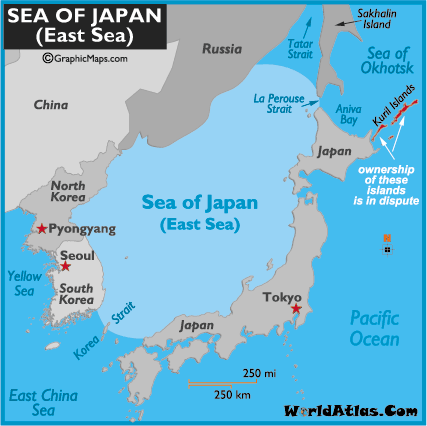martybegan
Diamond Member
- Apr 5, 2010
- 85,183
- 35,694
- 2,300
But they did have a fairly effective airborne corps. Land a few divisions by air, secure an airfield, and then start flying in troops and material. They more than had the capability.
Also, keep in mind, securing their gains in China were the main reason why they were continuing the war. But the Kwantung army in Manchuria was swept up in days.
The only time two times an airhead was maintained soley by air resupply ended with mixed results. Crete for the germans was a disaster, and only the lack of british reinforcements prevented the airborne forces defeat. The lack of german seaborne reinforcement (it was sunk) almost ruined the sucessful invasion of the island, and it decimated the german paratrooop forces.
The other was the Arnhem landing of Market Garden, and there the airhead was defeated, even with airborne resupply, due to the inability of follow up ground forces to link up with the airborne troops in a short enough time period.
Goring promised Hitler his Luftwaffe could supply Sixth Army in the Stalingrad by air alone in November 1942. That effort failed miserably.
That is another good example. I was just limiting mine to attacks using airborne forces initially, but Stalingrad is a great example of the limits of air supply only.
